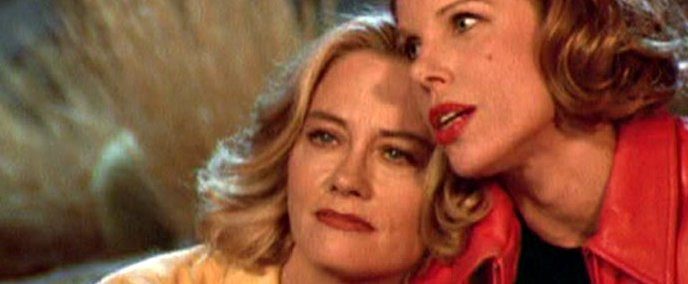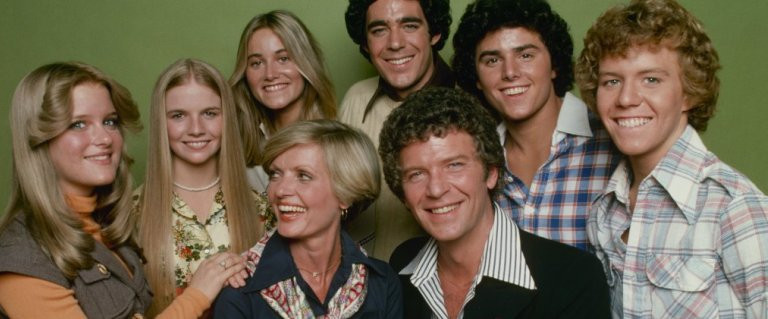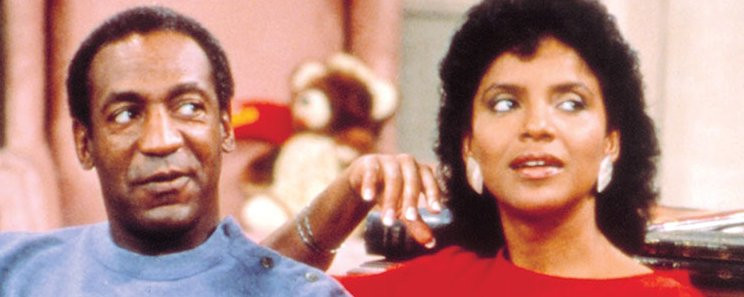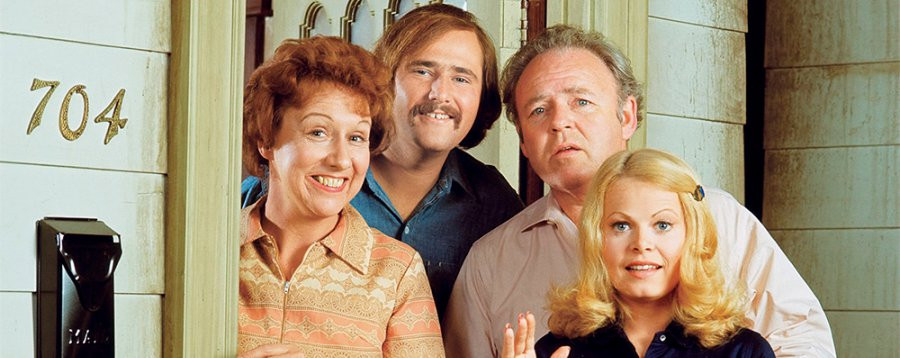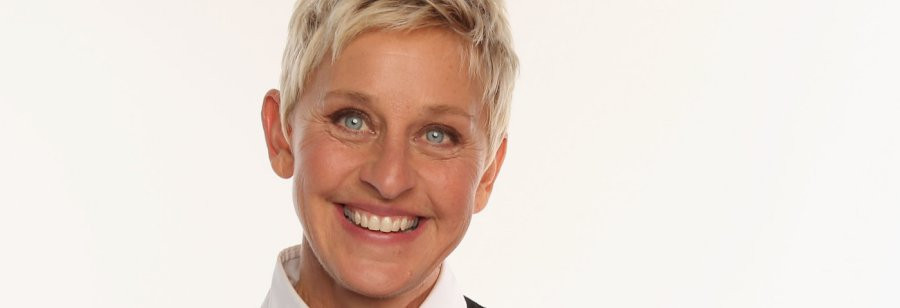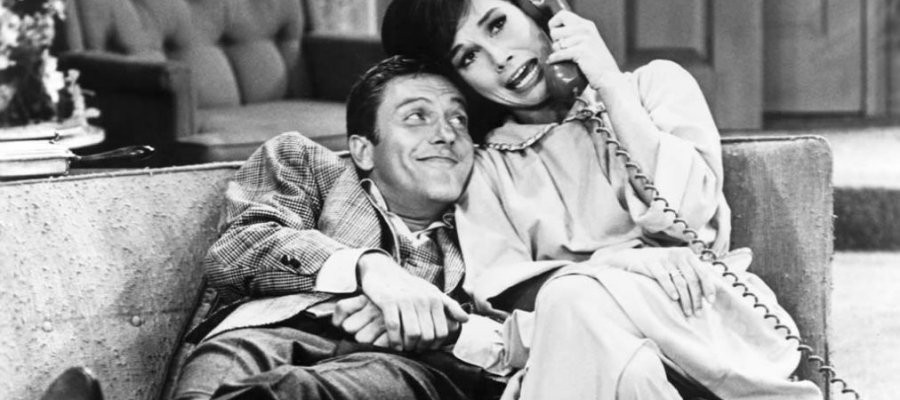
The Wonder Years
1988 - United StatesFew series have been able to capture the pain and triumphs of adolescence as The Wonder Years. The fact that the show was set in the late 1960’s and early 70’s--a time of major social change in the US--helped give this comedy-drama a unique voice. So did the actors that made up the tight-knit cast.
The Wonder Years was the creation of husband-and-wife producers Neal Marlens and Carol Black, who had worked on ABC’s hit family comedy Growing Pains. They wanted to create a show that looked at life through the eyes of a 12-year-old boy who lived in the suburbs in an unnamed area of the country.
To play young Kevin Arnold, the producers picked Fred Savage--who had appeared in several movies. Virtual unknowns Josh Saviano and Danica McKellar were tapped as (respectively) Kevin’s best friend Paul Pfiffer and the love of Kevin’s young life, the angelic Winnie Cooper. Rounding out the cast was Kevin’s family; businessman and father Jack Arnold (Dan Lauria); homemaker mom Norma (Alley Mills); tormenting big brother Wayne (Jason Hervey) and hippie older sister Karen (Olivia d’Abo). To add some counterpoint to each episode, actor Daniel Stern was chosen to be the unseen narrator of the show, as the adult Kevin Arnold. Marlens and Black submitted the pilot script to all three major networks; ABC executives loved the concept and ordered six episodes as a mid-season replacement in early 1988.
The pilot aired on January 31st of that year, right after ABC’s coverage of the national football championship game (the “Super Bowl”). Not surprisingly, that episode was asmash hit, as millions of sports fans stayed to watch. ABC moved the show to Tuesday nights (after the hit sitcom Who’s The Boss); The Wonder Years immediately became a top-ten series.
Part of the show’s success is that it took normal slice-of-life incidents from real life and brought them to the small screen with a warmth and honesty seldom attempted in a family comedy. Everything from buying the family’s first color television, to the dreaded gym class at Kevin’s Robert Kennedy Junior High School, to the on-again, off-again attraction between Kevin and Winnie, was true to reality and never had to be exaggerated to get a quick, cheap laugh. Of course, the series wouldn’t have worked if the young actors hadn’t been good at what they did. But Savage, Saviano, McKellar and Hervey turned in honest performances, as did the adults in the cast. And Stern’s narration (complete with inflections) gave The Wonder Years a unique feel and rhythm. Not having a laugh track or a studio audience helped to bring an intimate feel to the show as well.
The television industry agreed with viewers. Despite having a short first half-season, The Wonder Years was named Best Comedy Series at the 1998 Emmy Awards. (The following year, it would also win an Emmy for directing; and by 1990, the show picked up two more major awards--another directing honor, and an Emmy for best writing in a comedy series.) But just before the second season began, Marlens and Black decided to leave The Wonder Years for unknown reasons. Bob Brush was picked as the show’s new executive producer; he put together a new writing and production team, and the show continued with no loss in quality from the Marlens-Black episodes.
The Wonder Years continued to focus on Kevin, his family and his friends with the same warmth and honesty that marked the show’s first six episodes. By the fifth season, however, there were visible changes. You can’t stop a child from growing up, and adolescence has a way of creeping up before you know it. That’s what happened with Josh Saviano; he shot up several inches in height and his voice became deeper. And he showed more interest in the opposite sex, all developments that were written into that season’s storylines as the fictional Paul went through a similar transformation. But as the writers came up with plots that reflected the aging of the young cast, The Wonder Years began losing its popularity with viewers. That downward trend continued as the show went into its sixth and final season; by this time, Fred Savage had also begun the hormonal changes that marked co-star Saviano the year before. (Danica McKellar blossomed in her adolescence; she had become a very beautiful young woman.) But with declining ratings and noises by ABC about canceling the series, the producers decided it was time to end The Wonder Years--on their own terms.
The final two-part episode (“Summer”/“Independence Day”) aired on May 12th, 1993. It involved Kevin and his father having a major falling out, while Kevin and Winnie began reassessing their relationship. The last few minutes of the episode wrapped up the futures of all the main characters through Stern’s narration: Kevin moved on with his life; Paul studied law at Harvard; Kevin’s mom became a businesswoman and “cooker of mashed potatoes”; Kevin’s dad died of a heart attack two years later and Wayne took over the family furniture business; Karen married and had a baby. As for Kevin and Winnie--well, Winnie went to France to study art history; she and Kevin kept in touch for the next eight years. When Winnie returned to the USA, she and Kevin reunited--with Kevin’s wife and eight-month-old son in tow.
The final narration by the adult Kevin beautifully summed up the experience that was The Wonder Years:
"Growing up happens in a heartbeat. One day you’re in diapers, the next day you’re gone. But the memories of childhood stay with you for the long haul. I remember a place...a town...a house like a lot of houses...a yard like a lot of other yards...on a street like a lot of other streets. And the thing is...after all these years...I still look back...with wonder."
Seen this show? How do you rate it?
Seen this show? How do you rate it?
Published on February 12th, 2019. Written by Mike Spadoni (March 2002) for Television Heaven.



